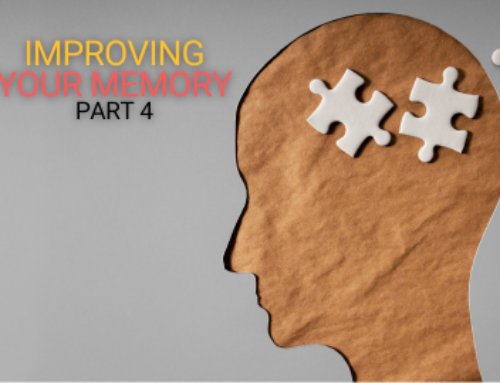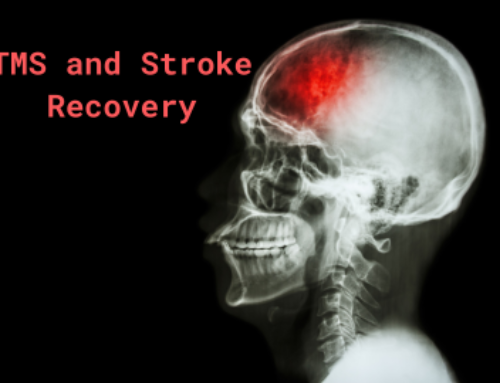What TMS Does for OCD
The experience of OCD is worse than it might sound. Plus, OCD is one of the more common mental health disorders. Tragically, it’s also one of the most debilitating when it comes to daily life, surpassed only by bipolar disorder and drug addiction. Millions of people suffer from obsessive-compulsive disorder in the United States. Recent studies found that about 1.2% of people at the time the study was conducted matched the clinical definition of an OCD sufferer. That’s well over 7 million people, never mind those that experience symptoms included in an OCD diagnosis, but not enough to be diagnosed. Plus, OCD can be temporary and often has a link to great stress or trauma.
OCD is more than washing one’s hands a lot or checking the door locks. It can mean that someone is so focused on rituals, obsessions, and inhibitions, whether they make sense or not, that they are unable to hold down a job and maintain relationships. Our newly-acquired ability to administer TMS treatments to our patients with obsessive-compulsive disorder means we can use mild electromagnetic pulses to jog the brain, targeting the areas of the brain that have a major part in governing mood, emotion processing, and reactive abilities. Take a look at the links above to find out more about TMS and the areas of the brain it targets, like the prefrontal cortex and the right anterior insula. TMS makes positive changes in the concentration of neurotransmitters, chemical signals that influence how we connect with other people, ourselves, and the world around us. This can be done in conjunction with other treatments like therapy, psychiatric care, and social support. Transcranial magnetic stimulation can enhance the use of behavioral therapy by treating brain chemistry, making it easier to make lifestyle and behavior changes.
If we can have a more positive impact on our patients with OCD so that they can work, socialize, parent, and have a better quality of life in general, we will act on that immediately, as we did when we got the news that our NeuroStar equipment was approved to treat OCD. We know how scary and disheartening it can be to try different treatments and medications, only to have them lose effectiveness or never show any in the first place. As always, start by consulting your general physician and mental healthcare providers to find out whether TMS is an option for you. To ask more questions or schedule an appointment for any of our services, contact us on our website or call (585) 442-6960.





